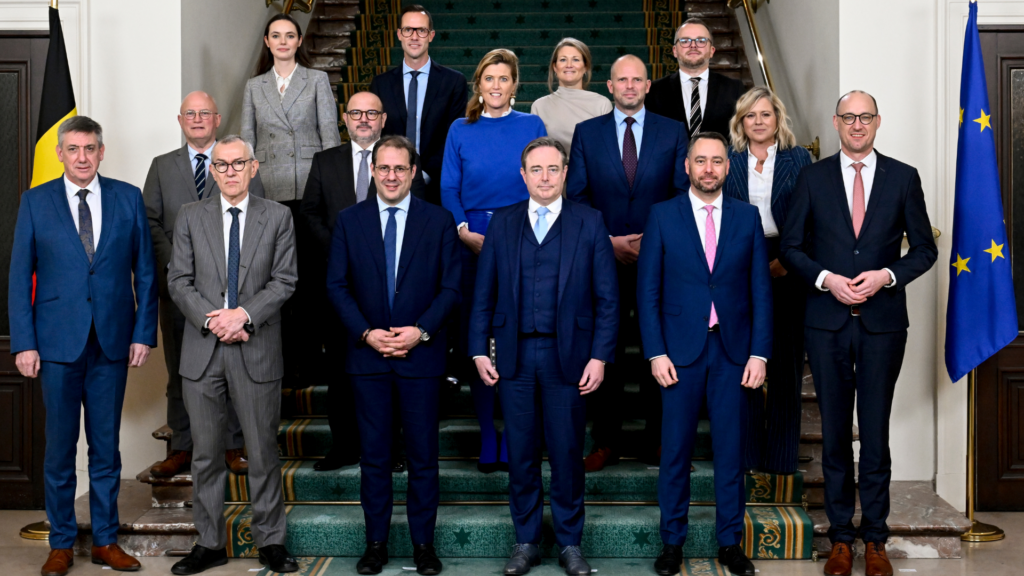The De Wever government has finalised the initial budget for 2025. The final decisions were made on Friday, as confirmed by various cabinets on Tuesday. The possibility to increase the defence budget is will be discussed on Tuesday evening.
Among the challenges to finalise the budget, lower revenue was a significant issue. Around €330 million extra was needed for the budget compared to the original estimates, according to Budget Minister Vincent Van Peteghem (CD&V). The abolition of the federal tax benefit on second homes was a significant source of the issue.
Finance Minister Jan Jambon (N-VA) found a solution by adjusting the system of liquidation reserves, which a company can create to extract money from its SME in a tax-efficient manner.
The government had already planned to reduce the waiting period for newly created liquidation reserves from five years to three years as of 1 January 2026. The withholding tax rate was also increased from 5% to 6.5%. This increased the effective withholding tax rate for dividends from small businesses from 13.64% to 15%.
It has now been decided to make this system optional for existing liquidation reserves that already observe a waiting period of three years as of 1 July. Companies can therefore choose to either pay out dividends at 6.5% after three years or wait an additional two years and pay 5%. According to the Jambon cabinet, a survey of accountants and tax specialists has shown that there is a high demand for these modalities. The measure is expected to yield €238 million this year.
Related News
- New Belgian Government: 'De Wever has big shoes to fill'
- Belgium's next Prime Minister: Who is Bart De Wever?
- Belgium gets a reprieve from Europe for its 2025 budget
According to Peteghem, a budget audit will follow in July to monitor the impact of the measures. At that time, the social partners will also be consulted to see how the cost of the social accord can be compensated. "Today we will immediately begin finalising the texts so that we can present this budget to parliament as soon as possible," he said.
On Tuesday evening, a meeting is set to take place to discuss the increase in the defence budget. According to the coalition agreement, the budget should increase to 2% of GDP by 2029 – the so-called NATO standard – and to 2.5% by 2034.

